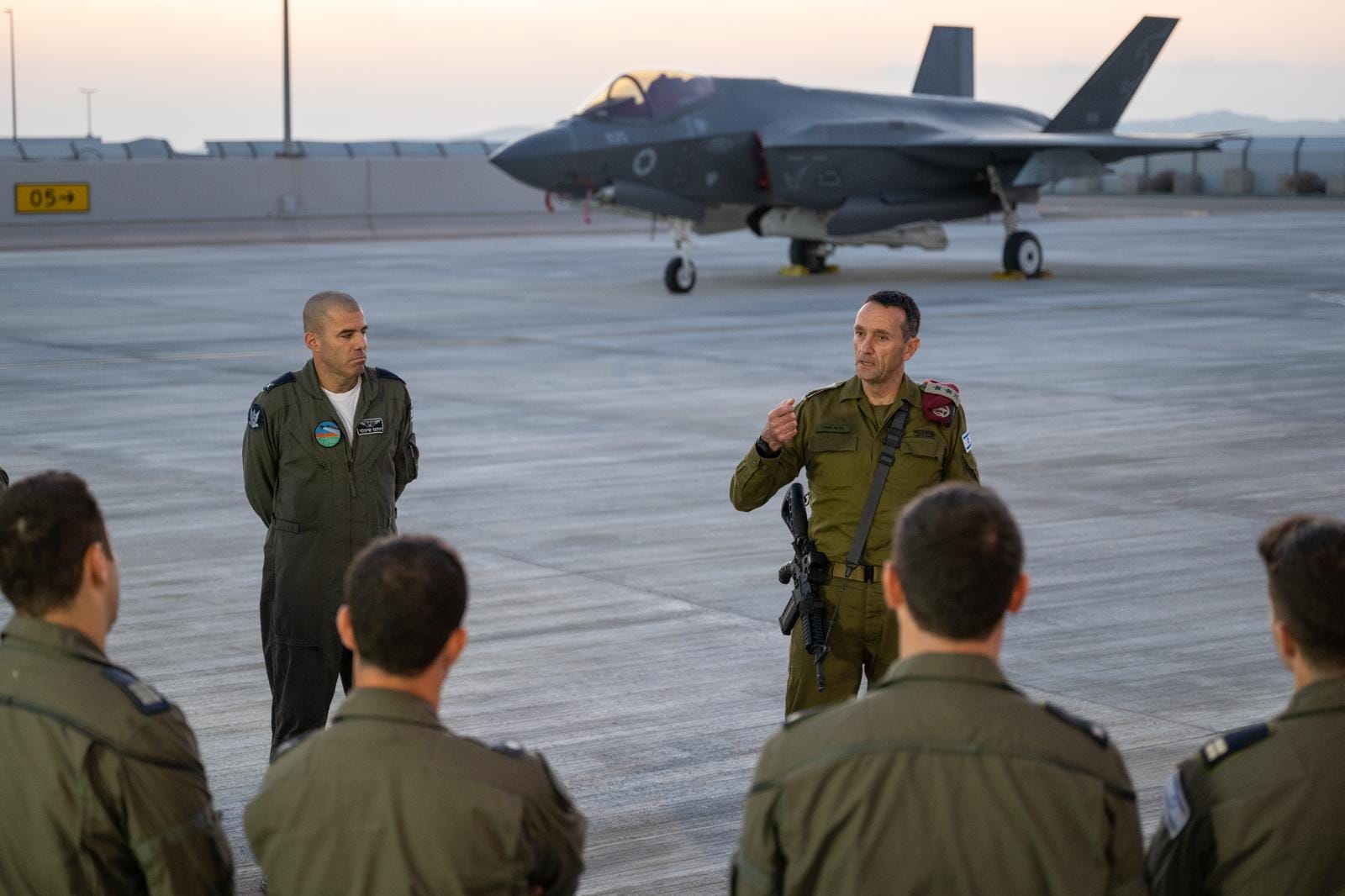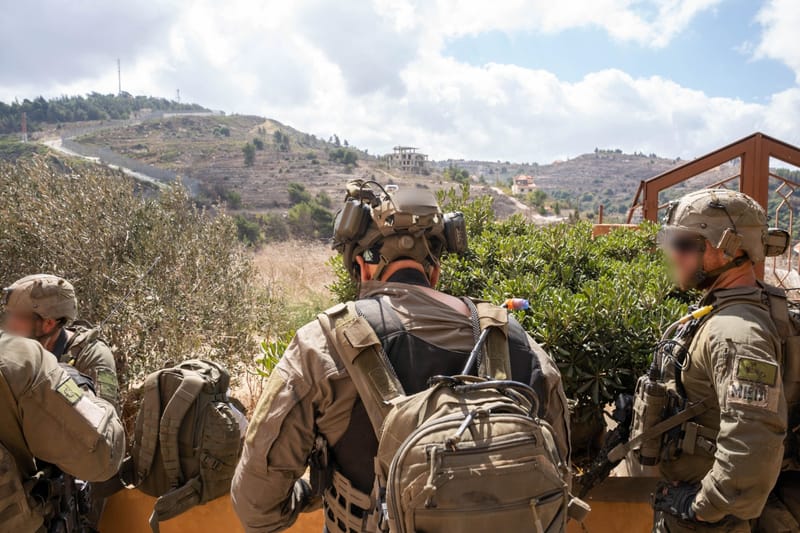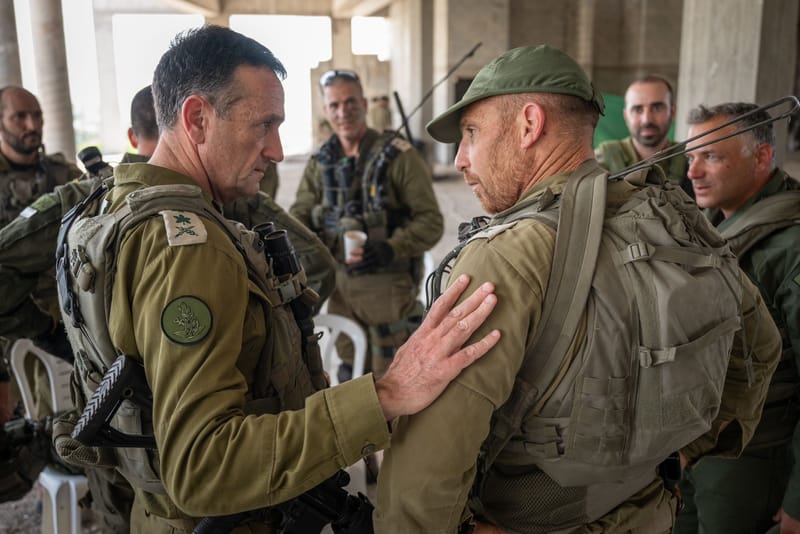Israel Weighs Retaliation Options
The Israeli war cabinet is currently in deliberations on the appropriate response to the massive Iranian attack.
In a climate of escalating threats and military posturing, tensions between Israel and Iran are nearing a boiling point.
On Saturday night, tensions in the Middle East escalated as Iran launched a direct attack on Israeli soil, marking a significant intensification in the conflict. According to reports, approximately 300 drones and missiles were fired by Iran, with the Israeli Defense Forces (IDF) successfully intercepting the vast majority of these threats. This strike is regarded as the first direct and large-scale assault by Iran against Israel, bypassing its usual tactic of engaging through proxy forces.
Immediate Reactions and Security Measures
In response to the attack, Israel has heightened its security protocols and military readiness. The IDF has canceled all leaves for combat troops, signifying preparation for potential further engagements. Air defenses have been reinforced, and there are reports of troop mobilizations, signaling that Israel is taking the threat of additional attacks seriously.
Chief of the General Staff, LTG Herzi Halevi, remarks at Nevatim Airbase
The Chief of the General Staff, LTG Herzi Halevi, visited on Monday Nevatim Airbase, where he met with Brig. Gen. Yotam Sigler, the base's commanding officer. During his visit, LTG Halevi toured the F-35I Adir Squadron (140) and engaged in discussions with the squadron's aircrews and commanders. These discussions centered on their recent role in "Operation Iron Shield," where they played a crucial part in thwarting and intercepting an Iranian attack against Israel. This visit highlights the ongoing importance of the F-35I Adir Squadron in Israel's defense strategy and its role in recent military operations.
"I want to thank all our international partners who stood up to Iran’s aggression. Iran’s attack has created new opportunities for cooperation in the Middle East.
We are closely assessing the situation. We remain at our highest-level of readiness.
Iran will face the consequences for its actions.We will choose our response accordingly. The IDF remains ready to counter any threat from Iran and its terror proxies as we continue our mission to defend the State of Israel” Said Halevi.
"As we look forward, we weigh our steps, and this launch of so many missiles, cruise missiles, UAVs to the territory of the State of Israel will be met with a response" continued Halevi.
Deliberations on Retaliation
The Israeli war cabinet is currently in deliberations on the appropriate response. There is a general consensus on the necessity of retaliation, but the leadership is divided over the timing and nature of the response. Some factions advocate for an immediate and forceful military strike, while others caution against actions that could lead to a broader regional conflict. Analysts suggest that Israel has a variety of potential retaliation strategies available.
- Targeting Nuclear Sites: One of the most significant options Israel might consider is strikes against Iran's nuclear facilities. This would aim to set back Iran's nuclear program, potentially preventing the development of nuclear weapons capabilities. However, such an action could escalate into a larger regional conflict and would likely draw international condemnation
- Cyberattacks: Israel could opt for a more covert form of retaliation through cyber warfare. Israel has previously been attributed with sophisticated cyberattacks targeting Iran’s nuclear program. Cyberattacks can be highly effective and offer plausible deniability, potentially keeping the conflict from escalating further
- Proxy Warfare: Israel might also increase its military actions against Iranian interests in Syria and Lebanon, targeting IRGC positions or Hezbollah, an Iranian proxy in Lebanon. This approach would continue Israel's long-standing policy of countering Iranian influence near its borders without engaging Iran directly on its home turf
- Direct Military Strikes: While the riskiest, Israel could conduct direct strikes on military targets within Iran itself. Such strikes could focus on IRGC facilities and other critical military infrastructures. This direct approach would send a strong signal to Iran but risks significant Iranian and international backlash.

International Concerns
The international community, including key players like the United States and European nations, has expressed concern over the potential for this conflict to expand. There are urgent calls for restraint from both sides to prevent a full-scale war. The U.S. has reaffirmed its commitment to Israel's security, emphasizing that any threats by Iran and its proxies will not go unchallenged. According to four American officials speaking to NBC, the United States expects Israel's response to the recent missile and drone attack by Iran to be limited in scope. The anticipated retaliation could potentially target Iranian forces and Iranian-backed proxy militias, focusing on locations outside of Iran's territory. This approach suggests a measured response aimed at addressing specific threats without escalating tensions into a wider conflict.
Strategic Complications
Strategically, Israel must consider several factors before deciding on its course of action. The potential for Iranian retaliation through its network of proxies in Lebanon, Syria, and other parts of the region adds a layer of complexity to the decision-making process. Additionally, the political landscape within Israel and the international arena, especially with the United States gearing up for an election year, plays a critical role in shaping the strategic considerations.
As the situation unfolds, the decisions made in the coming days will be crucial in determining the trajectory of this long-standing conflict. The world watches closely as Israel contemplates its next move in this high-stakes geopolitical chess game.







